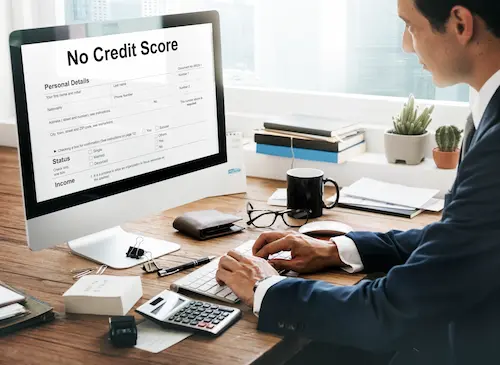Whether you’re starting from scratch or recovering from a financial setback like bankruptcy, rebuilding your credit can seem daunting. However, with patience and discipline, it’s achievable.
ADVERTISEMENT
Rebuilding Credit After Bankruptcy
Bankruptcy can be a devastating financial blow, but it doesn’t have to be the end of your credit-building journey. Here’s how to start rebuilding:
- Understand the Bankruptcy Process: Familiarize yourself with the different types of bankruptcy and the impact on your credit.
- Check Your Credit Report: Review your credit report for inaccuracies and to understand the impact of the bankruptcy.
- Start Small: Begin with secured credit cards or credit builder loans to establish a positive payment history.
- Pay Bills on Time: Consistent on-time payments for all bills, including rent and utilities, can positively impact your credit.
- Limit New Credit: Avoid applying for multiple credit cards as this can lower your score.
- Monitor Your Progress: Regularly check your credit report to track your improvement.
Establishing Credit for the First Time
Building credit from scratch requires careful planning and responsible financial behavior:
- Secured Credit Cards: These cards require a security deposit and can help you build a credit history.
- Authorized User: Becoming an authorized user on a friend or family member’s credit card can help establish credit, but be cautious about relying solely on this method.
- Credit Builder Loans: These loans report your payments to credit bureaus, helping you build a positive credit history.
- Pay Bills on Time: Consistent on-time payments for all bills are essential.
- Limit Credit Usage: Keep credit card balances low to improve your credit utilization ratio.
- Monitor Your Credit: Regularly check your credit report for errors and to track your progress.
General Tips for Credit Building
- Patience is Key: Improving your credit takes time. Avoid shortcuts or promises of quick fixes.
- Create a Budget: A budget helps you manage your finances effectively and avoid debt.
- Emergency Fund: Building an emergency fund can prevent you from relying on credit in case of unexpected expenses.
- Consider Credit Counseling: A credit counselor can provide guidance and support.
Remember: Consistent and responsible financial behavior is the foundation for building good credit. Avoid impulsive spending, overspending, and late payments. With time and effort, you can establish a strong credit history.
